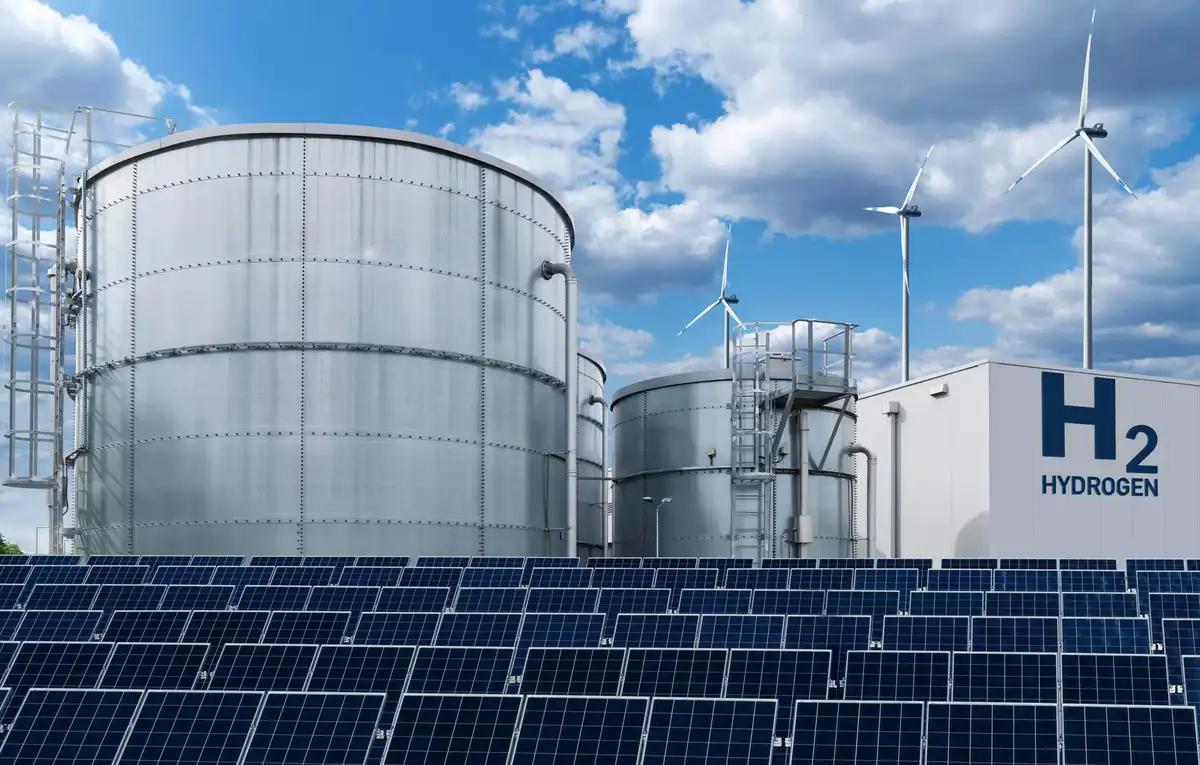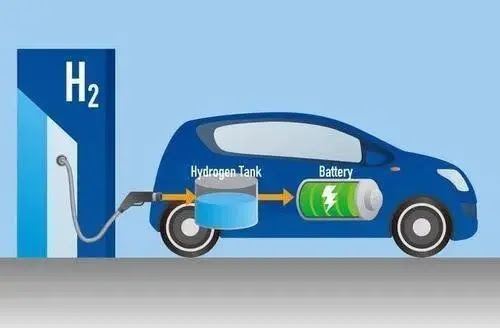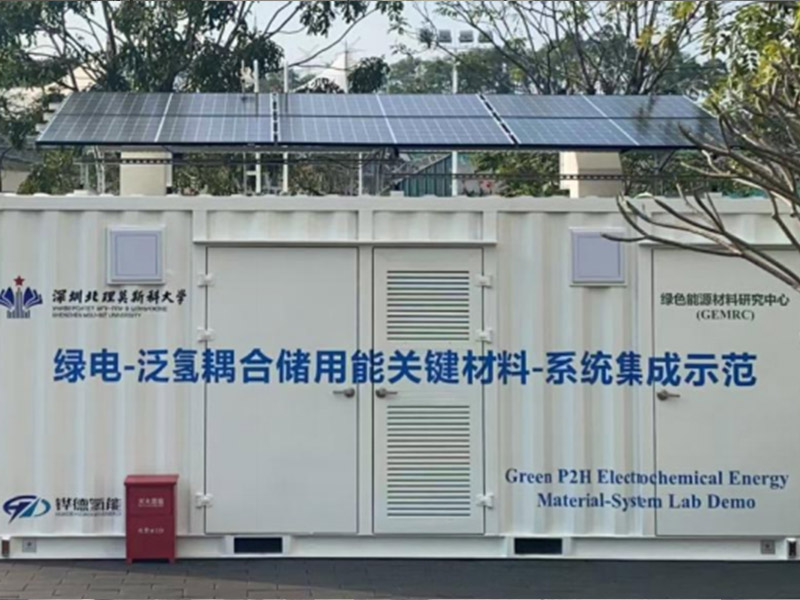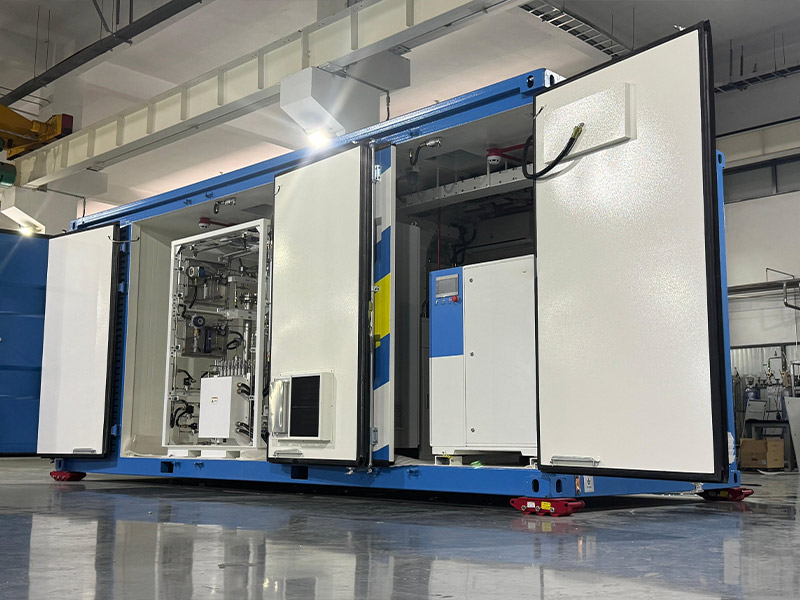Hydrogen is more than just the fuel of the future — it’s a clean, versatile energy source that is already reshaping how we live, work, and power our world. As the world moves toward low-carbon alternatives, hydrogen energy is stepping into the spotlight. But beyond industrial applications and talk of future hydrogen vehicles, you might be surprised at just how many ways hydrogen can impact your everyday life.
From home energy systems to transportation and even gadgets, hydrogen has the potential to power your life in ways you never imagined.

Keypoints
l Hydrogen-powered home energy systems allow complete off-grid independence by storing solar energy for 24/7 electricity and heating needs.
l Hydrogen fuel cell vehicles provide a zero-emission transportation solution with fast refueling times comparable to gasoline cars and ranges exceeding 300 miles per tank.
l Portable hydrogen fuel cells offer clean, lightweight power for outdoor activities and emergency devices without relying on battery charging.
l Modern hydrogen boilers deliver the same heating performance as natural gas systems while completely eliminating carbon emissions.
l Industrial facilities are adopting hydrogen energy to power manufacturing processes, data centers and hospitals while meeting sustainability targets.
l The aviation industry is developing hydrogen-powered aircraft that promise longer flight durations and zero emissions compared to conventional jet fuel.
l Utility companies are implementing hydrogen storage solutions to balance renewable energy grids and provide reliable power during periods of low solar or wind generation.
Imagine never worrying about grid failures or high electricity bills again. With solar-powered hydrogen systems, homeowners can generate their own electricity and store it efficiently for use anytime.
Solar Hydrogen Generation: Solar panels convert sunlight into electricity, which is used to split water into hydrogen and oxygen through electrolysis.
Energy Storage: The produced hydrogen can be stored in tanks and used later in a fuel cell to generate electricity on demand — even at night or during power outages.
Off-Grid Capability: This allows for complete energy independence, especially in remote or rural areas.
This setup not only ensures reliable power but also dramatically reduces carbon emissions.

One of the best-known uses of hydrogen is in transportation. Hydrogen fuel cell vehicles (FCVs) run on electricity generated by combining hydrogen with oxygen, emitting only water vapor.
Zero Emissions: No carbon dioxide or nitrogen oxides are emitted.
Fast Refueling: Unlike electric cars that may take hours to charge, hydrogen vehicles can be refueled in under five minutes.
Long Range: Many hydrogen cars can travel over 300 miles on a single tank.
Hydrogen is already powering buses, delivery trucks, and even trains in countries like Japan, Germany, and South Korea.
Hydrogen isn’t just for big systems — it can be used on a small scale, too. Compact hydrogen fuel cells are available to power mobile devices, laptops, or even camping gear.
l Backup phone chargers using hydrogen cartridges
l Portable hydrogen generators for off-grid adventures
l Mini fuel cells that run emergency radios and LED lights
These tools are perfect for travelers, hikers, and campers who want clean energy anywhere they go.
In some countries, hydrogen boilers are replacing traditional gas boilers. These systems use hydrogen gas to heat water and provide warmth just like a normal system — but without CO₂ emissions.
l Cleaner indoor air compared to gas heaters
l Lower carbon footprint in residential and commercial buildings
l Future-ready for integration with solar hydrogen systems
As hydrogen infrastructure improves, this technology could become mainstream in eco-friendly housing developments.
Hydrogen energy isn’t just for homes — it can also power factories, data centers, hospitals, and more. In commercial settings, it’s often used as part of a Combined Heat and Power (CHP) system.
l Backup power systems in hospitals and data centers
l Clean energy for manufacturing and processing plants
l Grid balancing and storage for solar or wind energy farms
This enables companies to meet their net-zero goals while maintaining energy resilience.
In the aerospace sector, hydrogen is gaining attention for powering drones and even aircraft. Because hydrogen is lightweight and energy-dense, it offers longer flight times compared to batteries.
Hydrogen drones can fly for hours rather than minutes.
Prototype aircraft using hydrogen fuel cells are already being tested for short-haul flights.
Quiet, clean flights make hydrogen aviation attractive for the future.
As research continues, hydrogen may become the key to sustainable air travel.
Hydrogen’s ability to store excess energy makes it a game-changer for modern power grids. During times of solar or wind overproduction, surplus electricity can be used to create hydrogen — which can be stored and used later.
l Grid load balancing
l Seasonal energy storage
l Reducing renewable curtailment
This helps countries better integrate renewable energy and reduce reliance on fossil fuels.
Hydrogen is not a distant, futuristic technology — it’s already here, transforming how we generate, store, and use energy. From solar hydrogen systems for homes to clean transportation, heating, and even portable power, hydrogen is proving to be one of the most versatile energy sources available today.
As solar panel efficiency improves and hydrogen infrastructure expands, expect to see even more ways hydrogen power will become part of everyday life.
Solar panels generate electricity to produce hydrogen via electrolysis, which is stored and later converted back to power via fuel cells—providing 24/7 clean energy.
Yes! Hydrogen vehicles refuel in minutes and offer 300+ mile ranges, with zero emissions—already used in buses and trucks globally.
Absolutely. Hydrogen boilers provide the same heat without CO₂ emissions, ideal for eco-friendly homes and future gas grid transitions.
Yes—compact hydrogen fuel cells are safe, lightweight, and perfect for camping or emergencies, emitting only water vapor.
Factories, hospitals, and data centers use hydrogen for backup power, clean manufacturing, and grid stability.
Prototypes already exist! Hydrogen’s high energy density makes it a leading candidate for sustainable aviation, especially short-haul flights.
It stores excess solar/wind power as hydrogen, balancing supply and demand while reducing fossil fuel reliance.


